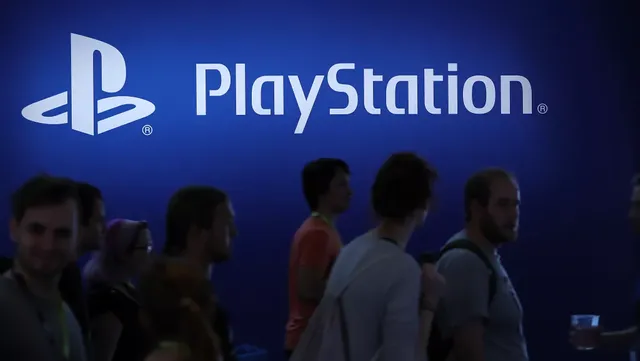PlayStation's Game Pass-style service will reportedly be revealed next week
Codenamed Spartacus, the subscription-based service will combine the features of PlayStation Plus and PS Now.

According to a fresh Bloomberg rumor, Sony will unveil Spartacus, a Game Pass-like subscription service for PlayStation platforms, early next week. The service, which has been rumored since late 2021, will purportedly combine Sony's two current subscription services—PlayStation Now and PlayStation Plus—with many tiers offering access to various selections of current and classic PlayStation titles.
PlayStation Now is already available and works well on PC, and while it may seem less important now than it did a few years ago due to Sony's recent embrace of our platform of choice, its large selection of PS2 games means it's still a valuable tool for gamers who want to play retro classics on their current PCs.
However, the other half of the equation, that is, fresh game releases, appears to be woefully lacking. On launch day, Spartacus will reportedly deny access to Sony's greatest new releases, including as the upcoming God of War: Ragnarok. This is in stark contrast to Microsoft's Game Pass services, which make a point of providing early access to key game releases—for example, Starfield, Redfall, and The Outer Worlds 2—as soon as they're released. That, in my opinion, is the primary reason Game Pass has been such a huge success: The past collection is amazing, but the killer feature is early access to the most anticipated new titles.
While Microsoft's Game Pass has been a major hit, and Sony is aiming to get a piece of the action, industry analyst Piers Harding-Rolls stated at this year's GDC that he doesn't believe either of them, or anyone else, is on the cusp of a "Netflix of games"-style takeover. Subscriptions account for only 4% of the entire games market, according to data firm Ampere Analysis, and are expected to climb to 8.4% by 2027—a lot of money, but still a small portion of the pie. Of course, they could be underestimating the trend, but even if they're half right, it's still a large portion of the market.